Aeon Video has a monthly newsletter!
Get curated editors’ picks, peeks behind the scenes, film recommendations and more.
Seven years later, what can we make of our first confirmed interstellar visitor?
In 2017, astronomers identified the first known interstellar object to have entered our solar system, now commonly known as ʻOumuamua. A relatively small body, estimated to be roughly the size of a skyscraper, ʻOumuamua transfixed scientists with its peculiar properties and inspired endless ‘it must be aliens’ takes from a fascinated public – and at least one Harvard astrophysicist. In this entertaining lecture from January 2024, Chris Lintott, professor of astrophysics at the University of Oxford and professor of astronomy at Gresham College in London, makes the case that, while this object’s fleeting presence in our solar system wasn’t coordinated by extraterrestrial life, it still has much to teach us about the nature of the Universe.
Video by Gresham College

video
Animals and humans
Why be dragons? How massive, reptilian beasts entered our collective imagination
58 minutes

video
Biology
How the world’s richest reds are derived from an innocuous Mexican insect
5 minutes

video
Physics
The abyss at the edge of human understanding – a voyage into a black hole
4 minutes
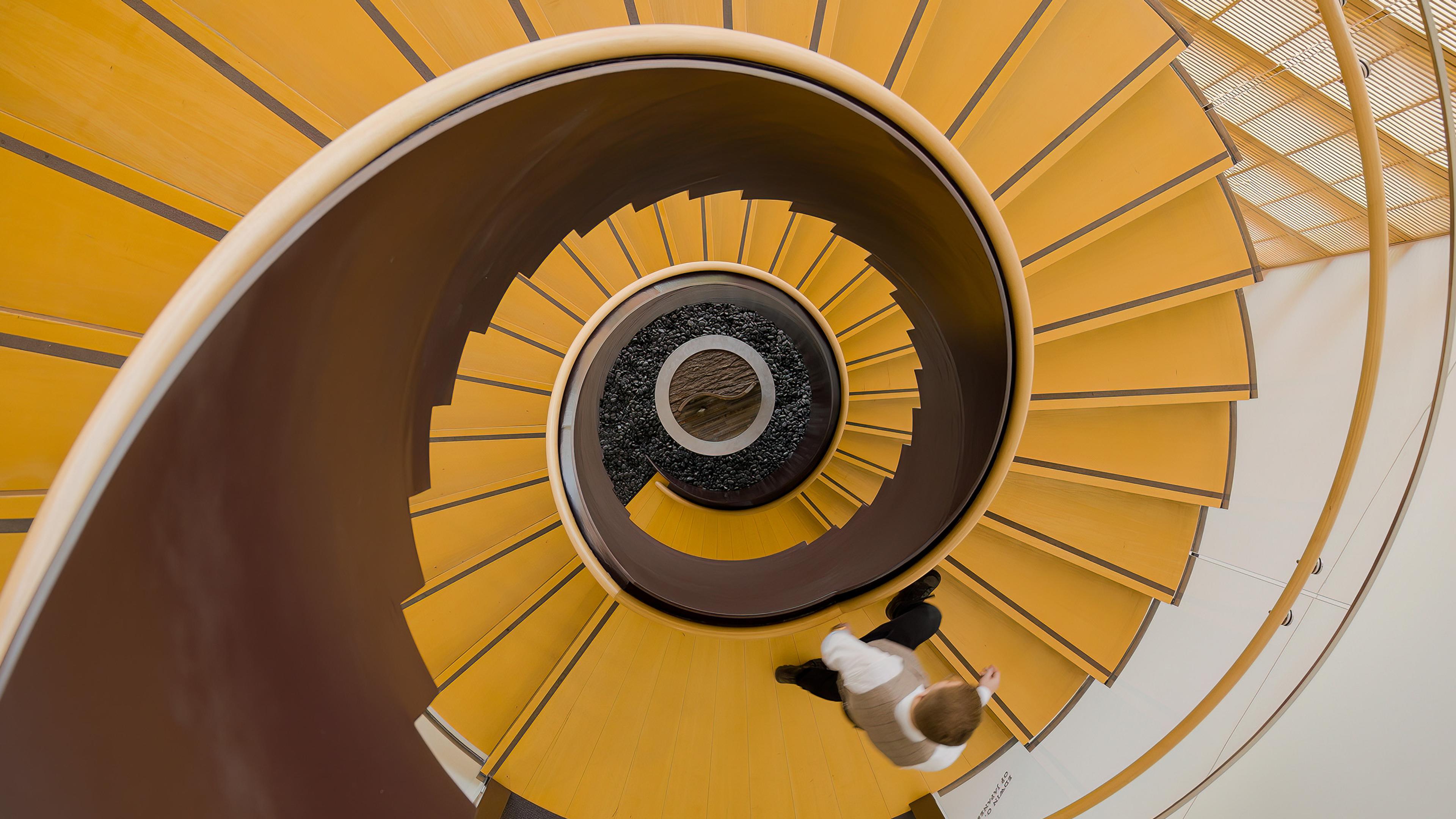
video
Chemistry
Why do the building blocks of life possess a mysterious symmetry?
12 minutes

video
Cosmology
Tiny, entangled universes that form or fizzle out – a theory of the quantum multiverse
11 minutes
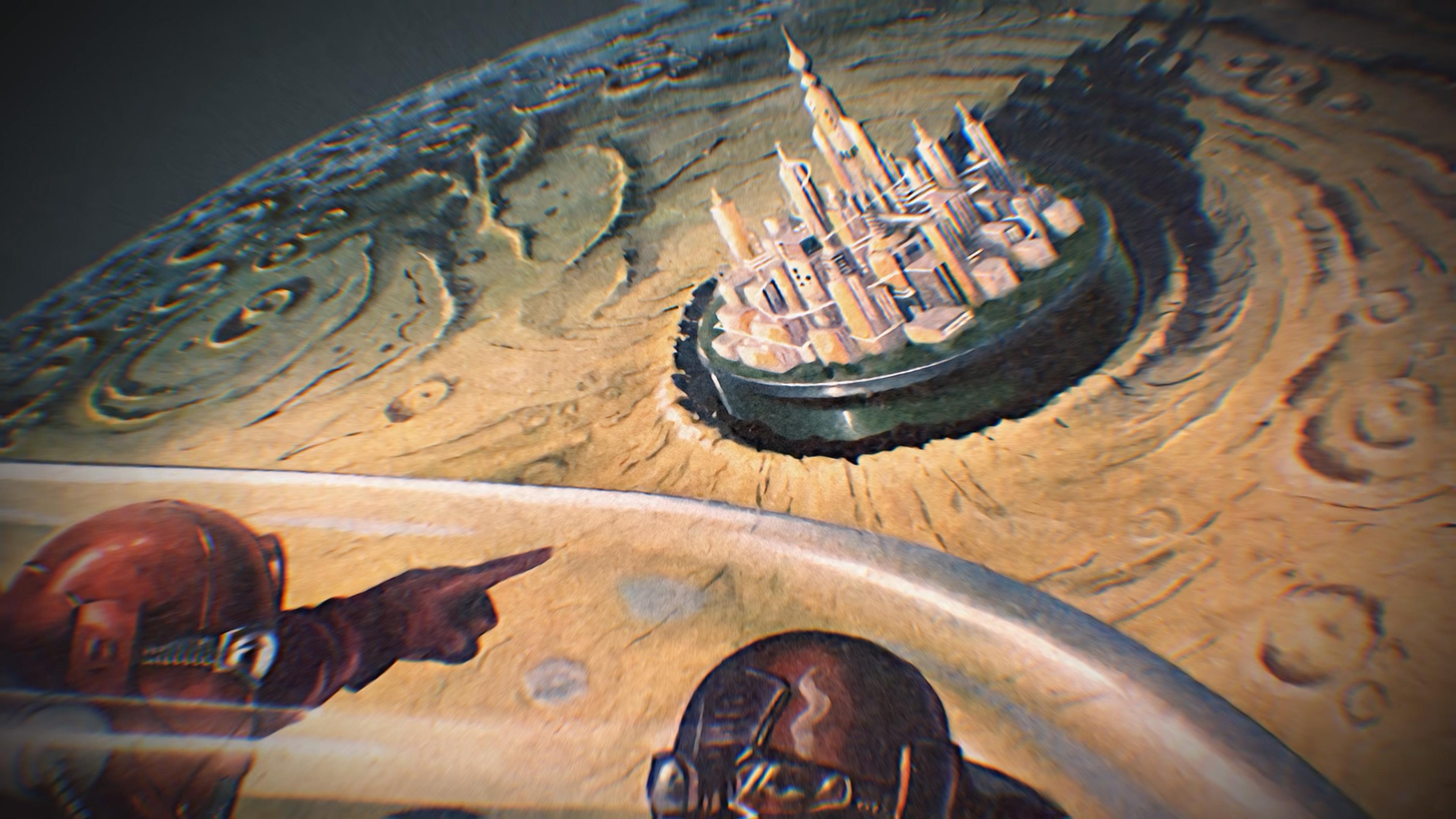
video
Astronomy
The history of astronomy is a history of conjuring intelligent life where it isn’t
34 minutes
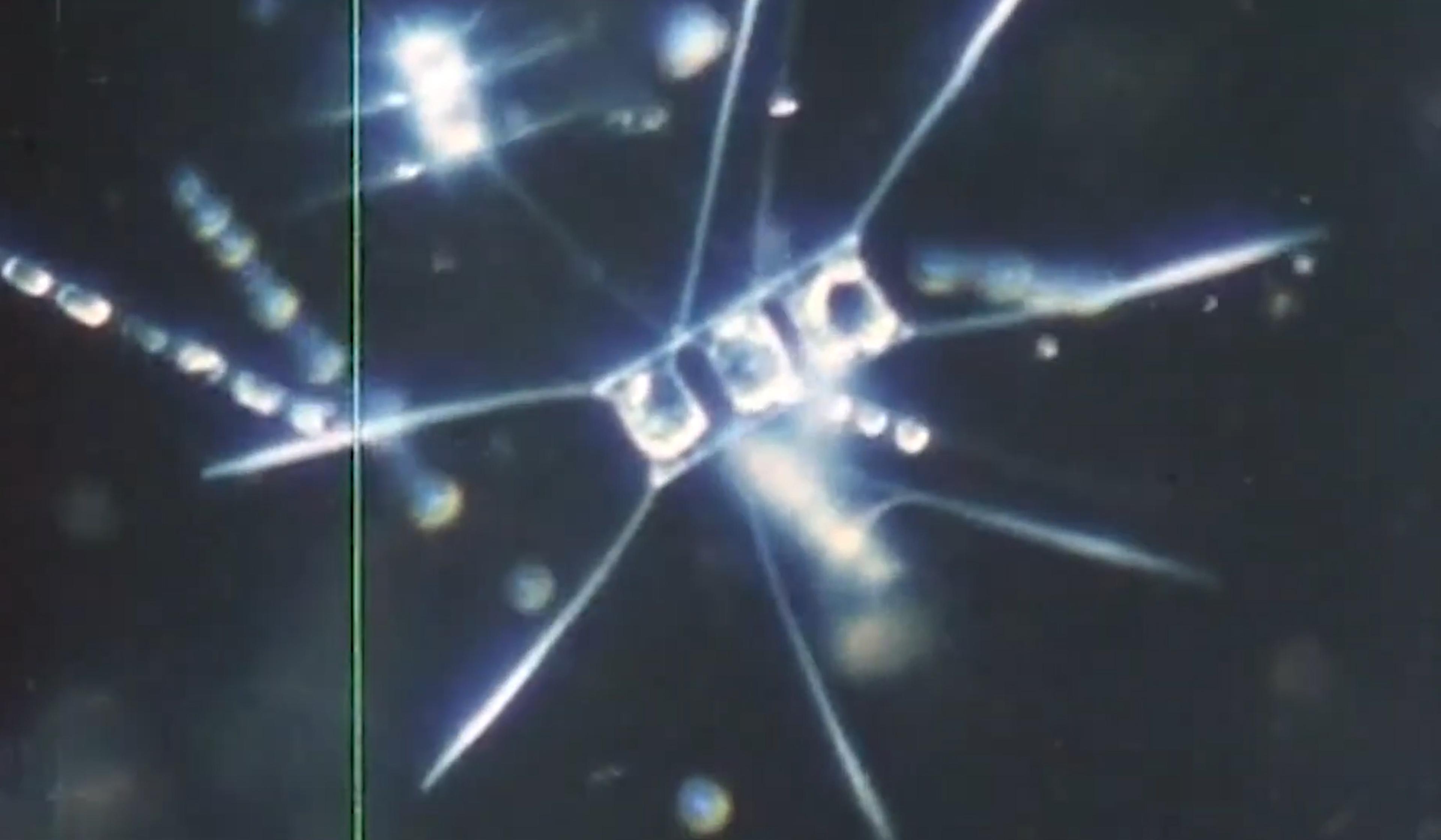
video
Metaphysics
Simple entities in universal harmony – Leibniz’s evocative perspective on reality
4 minutes
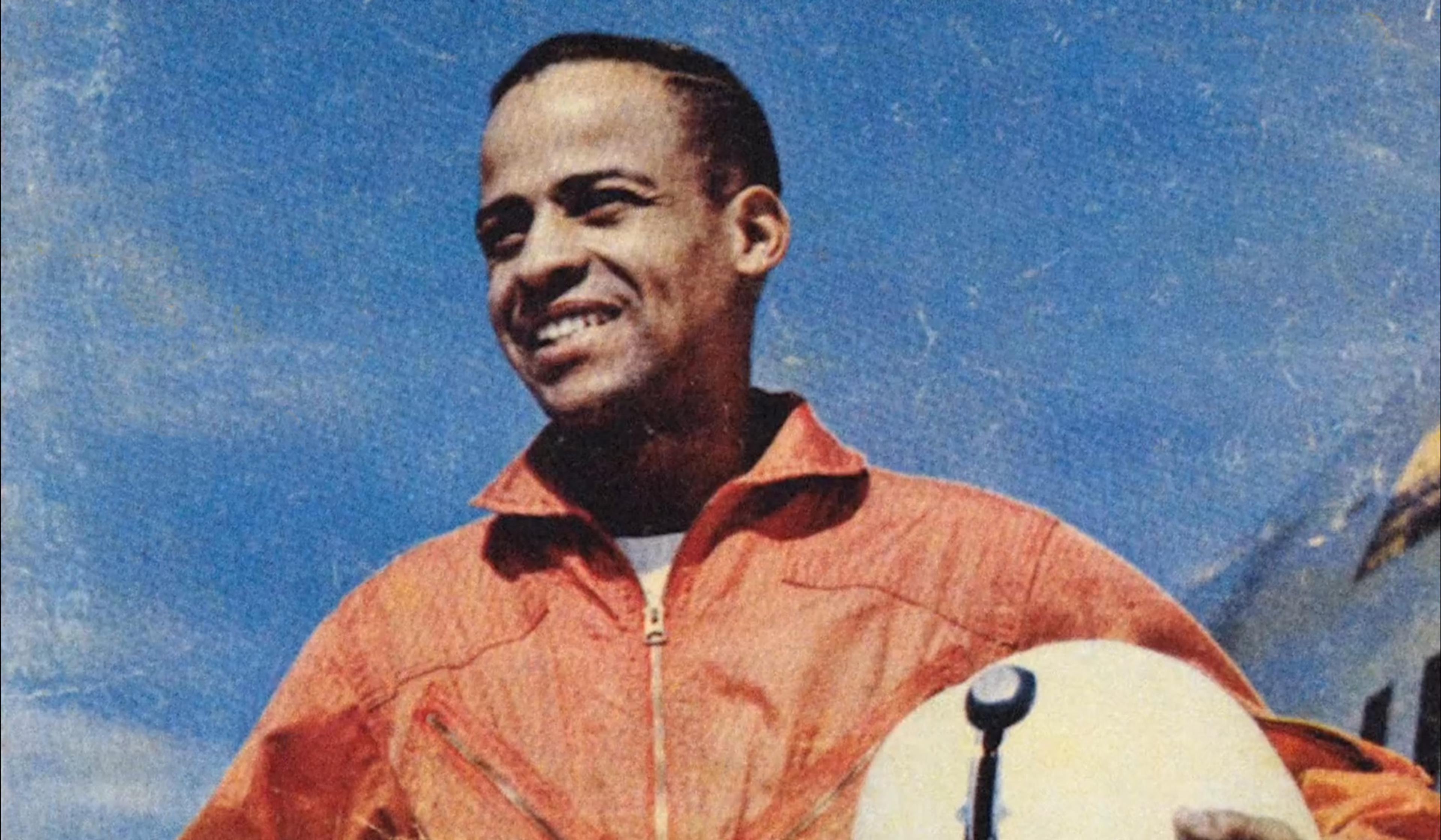
video
Biography and memoir
Passed over as the first Black astronaut, Ed Dwight carved out an impressive second act
13 minutes
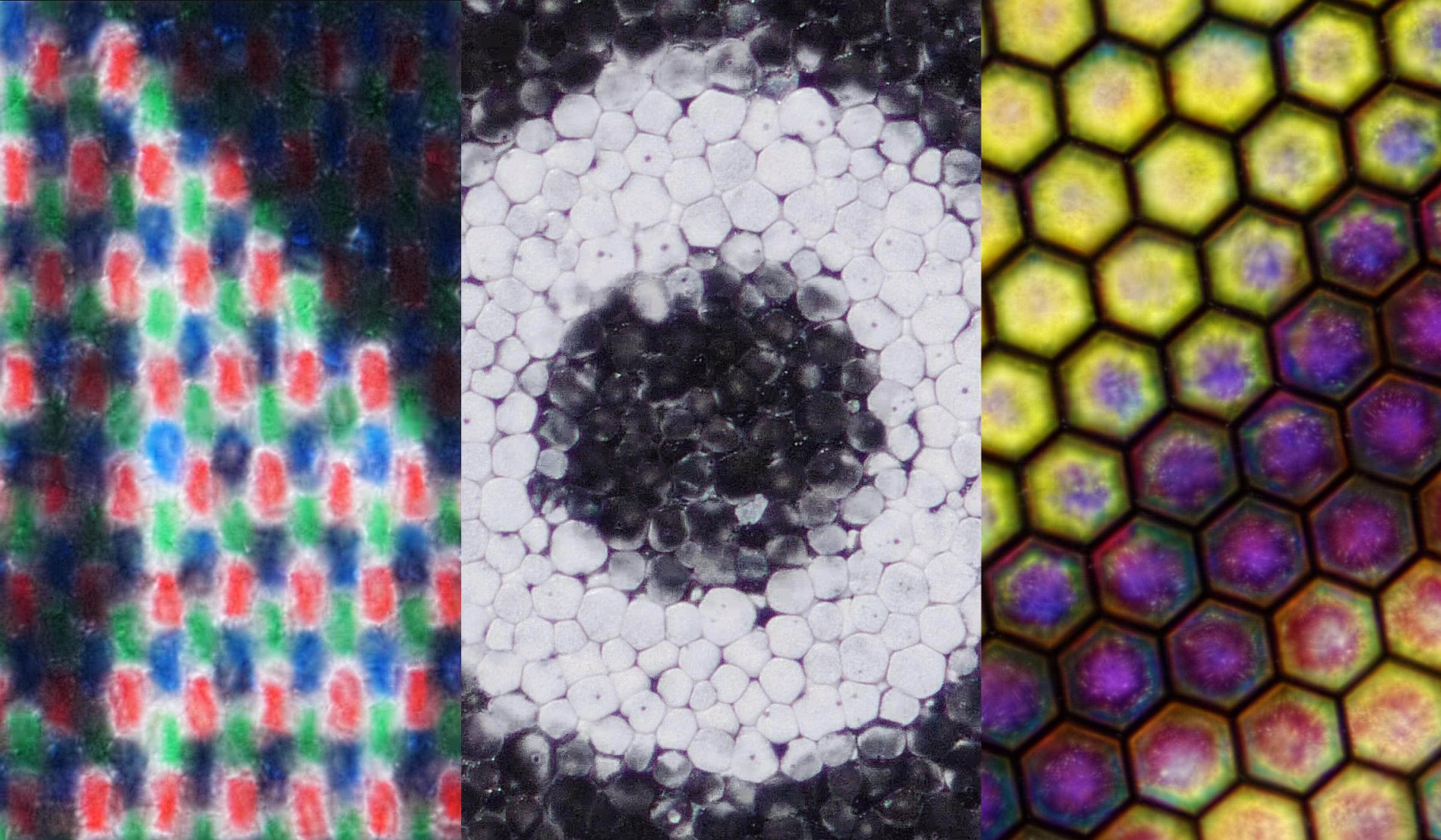
video
Engineering
A close-up look at electronic paper reveals its exquisite patterns – and limitations
9 minutes